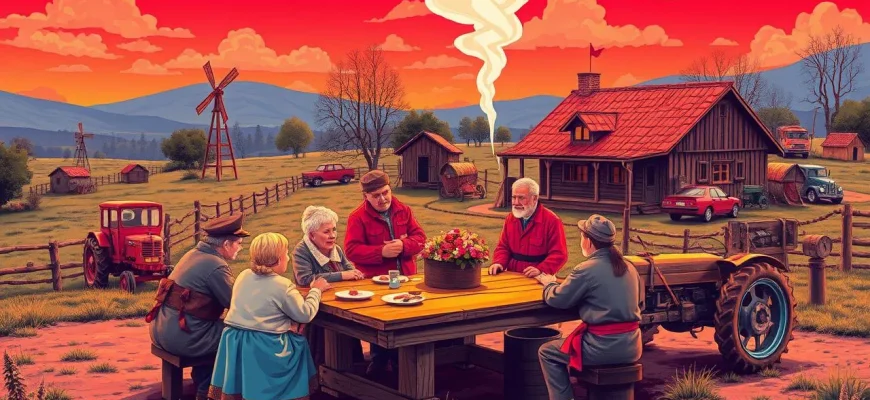Soviet cinema has a rich tradition of portraying life in the provinces, capturing the essence of rural existence with its unique blend of simplicity, community, and sometimes, the harsh realities of Soviet life. This collection of 10 films provides a window into the countryside, showcasing the beauty, struggles, and the human spirit in settings far from the urban hustle. These films not only entertain but also offer a cultural insight into the Soviet era, making them valuable for anyone interested in history, sociology, or simply the art of storytelling through cinema.

The Ascent (1977)
Description: Set during WWII, this film shows the harsh realities of life in a Belarusian village under Nazi occupation, emphasizing the rural setting's role in survival.
Fact: It won the Golden Prize at the 10th Moscow International Film Festival.
 Watch Now
Watch Now
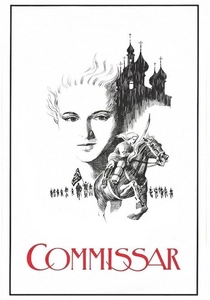
The Commissar (1967)
Description: Set in a Ukrainian village during the Russian Civil War, it portrays the life of a female commissar who stays with a Jewish family, highlighting rural life's complexities.
Fact: The film was banned in the Soviet Union for nearly 20 years due to its sensitive portrayal of Jewish characters.
 Watch Now
Watch Now
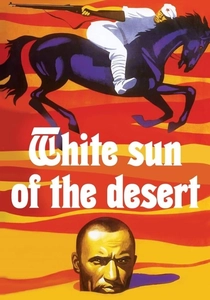
The White Sun of the Desert (1970)
Description: Although set in Central Asia, it captures the essence of rural life through its portrayal of a village and its inhabitants.
Fact: The film has become a cult classic in Russia, often quoted and referenced in popular culture.
 Watch Now
Watch Now
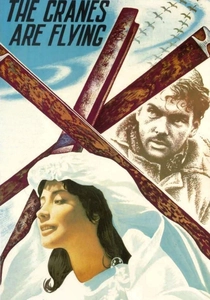
The Cranes Are Flying (1957)
Description: While not exclusively about rural life, the film captures the impact of war on a small town, showcasing the resilience of its inhabitants.
Fact: It won the Palme d'Or at the Cannes Film Festival, making it one of the most celebrated Soviet films internationally.
 30 Days Free
30 Days Free
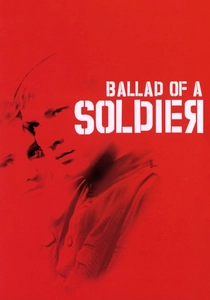
The Ballad of a Soldier (1959)
Description: A young soldier's journey through the countryside during WWII, reflecting the simplicity and warmth of rural life amidst the backdrop of war.
Fact: The film was nominated for an Academy Award for Best Original Screenplay.
 30 Days Free
30 Days Free

The Village Teacher (1947)
Description: This film follows a young teacher who moves to a remote village to educate its children, highlighting the challenges and rewards of rural education.
Fact: The film was one of the first Soviet films to be shown at the Cannes Film Festival, where it received critical acclaim.
 30 Days Free
30 Days Free

The House Under the Starry Sky (1991)
Description: A poetic tale about a family living in a remote village, exploring themes of love, loss, and the passage of time in rural settings.
Fact: This was one of the last films made during the Soviet era, reflecting the changing times.
 30 Days Free
30 Days Free

The Story of Asya Klyachina (1966)
Description: A deeply personal film about a woman's life in a small village, exploring themes of isolation and community.
Fact: The film was initially banned and only released after the director's death.
 30 Days Free
30 Days Free

The Forty-First (1956)
Description: Set during the Russian Civil War, it features scenes of life in the steppes, capturing the vastness and solitude of rural landscapes.
Fact: The film was remade in 1975, but the original is often considered superior for its authenticity.
 30 Days Free
30 Days Free

The Return (2003)
Description: Although not Soviet, it captures the essence of rural life through its story of a father taking his sons on a journey to the countryside.
Fact: This film won the Golden Lion at the Venice Film Festival, marking a significant achievement for Russian cinema post-Soviet era.
 30 Days Free
30 Days Free

